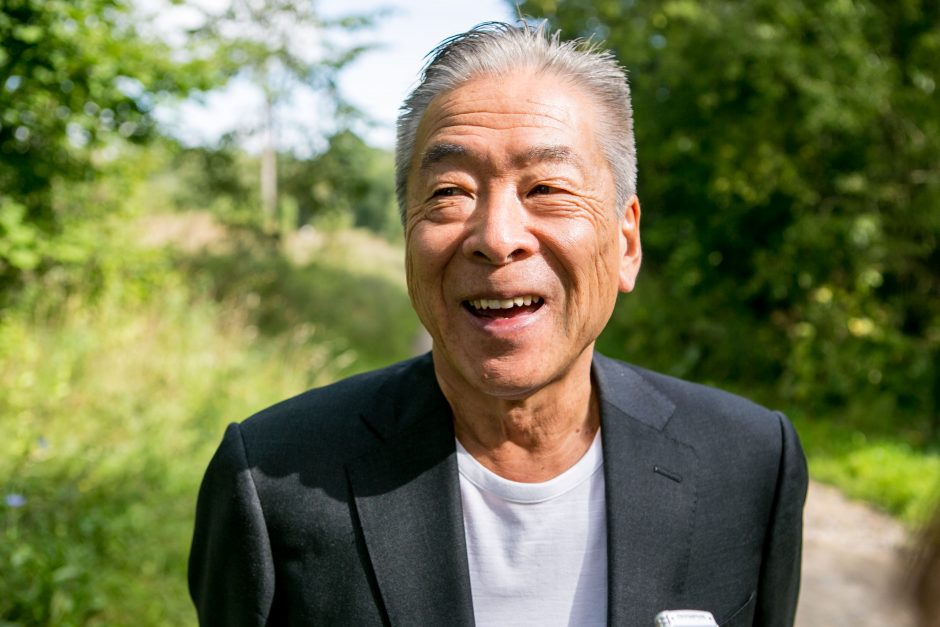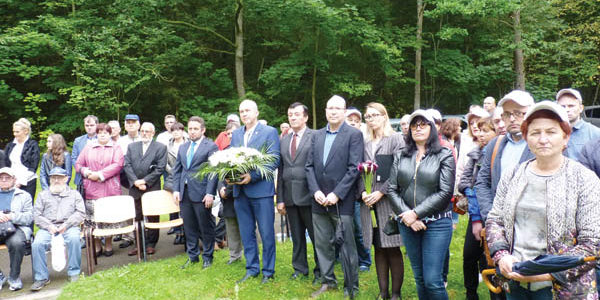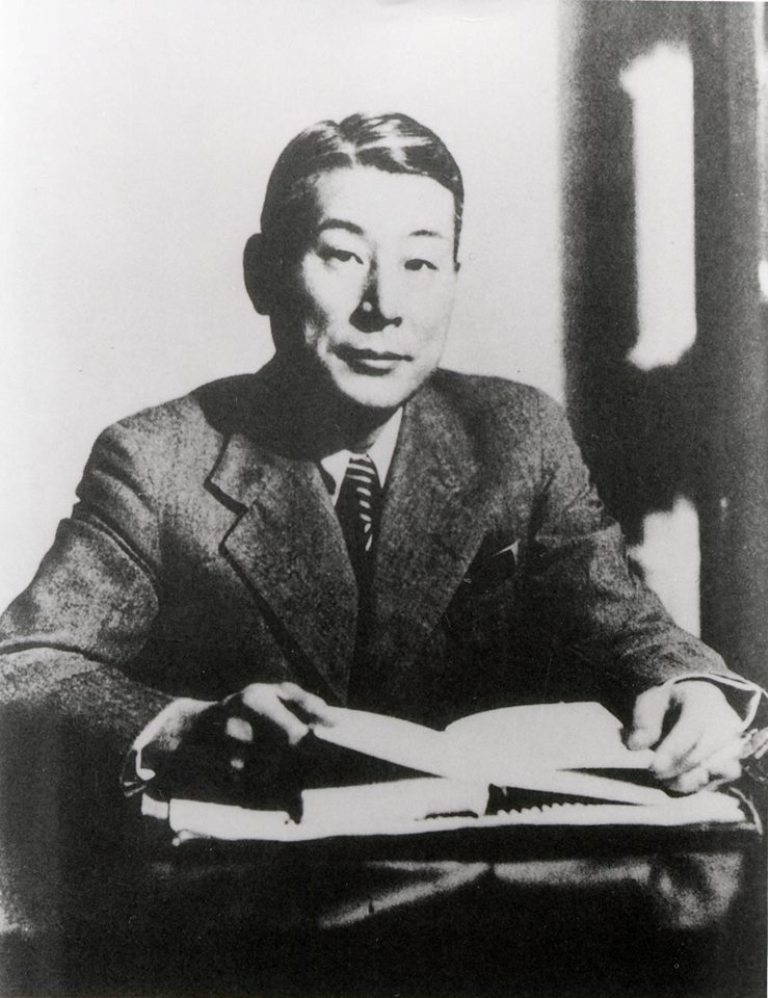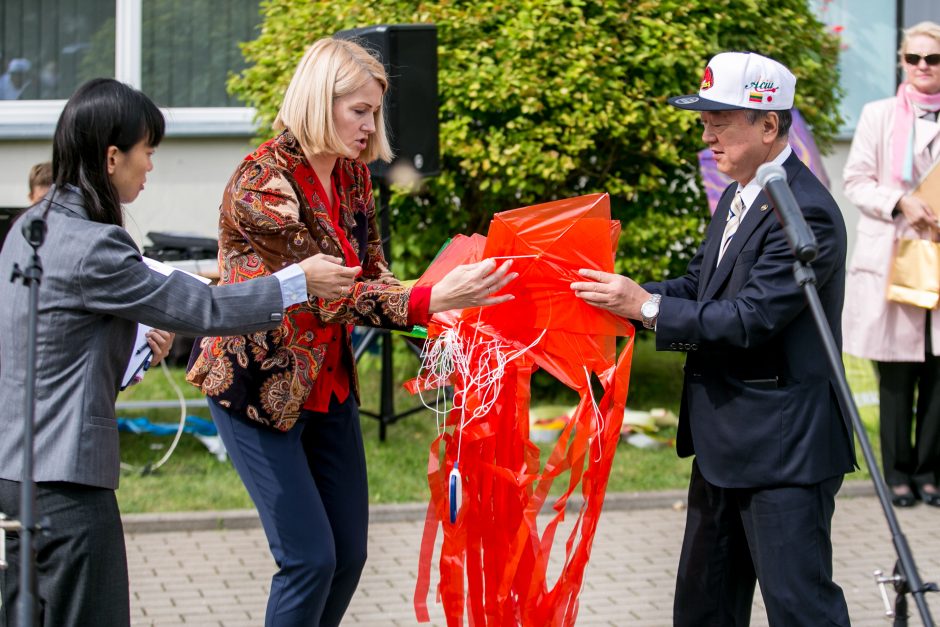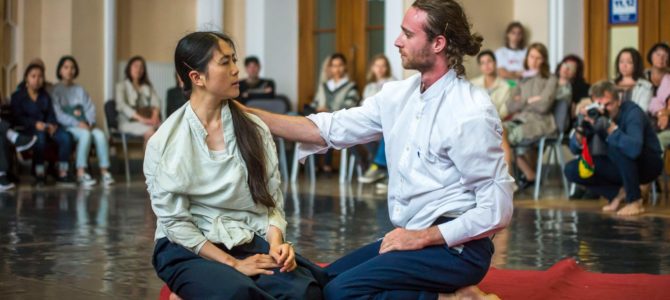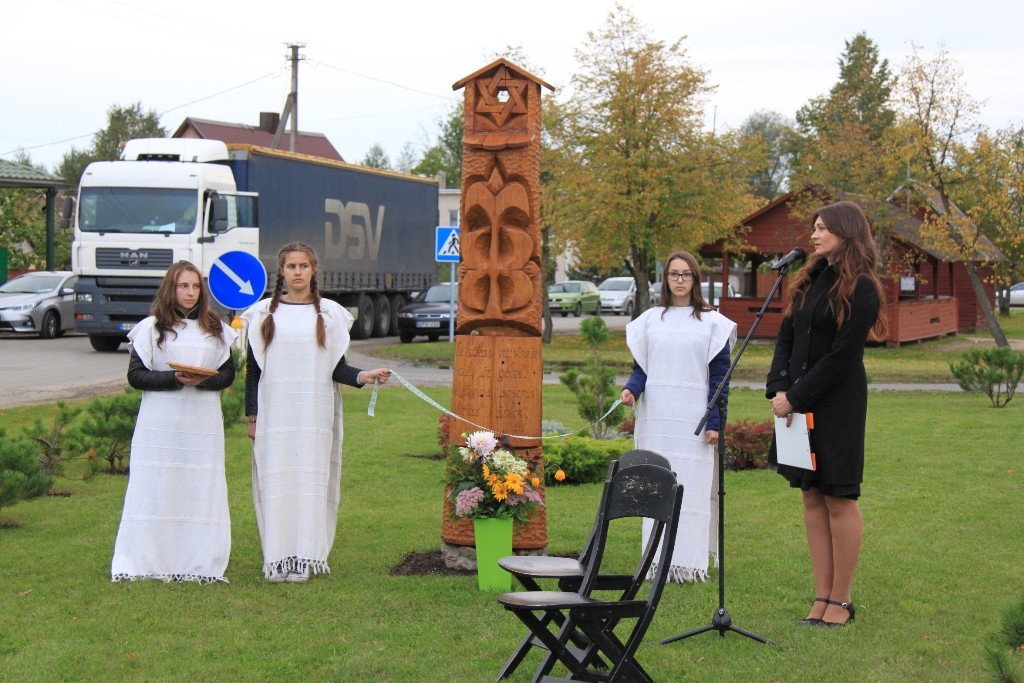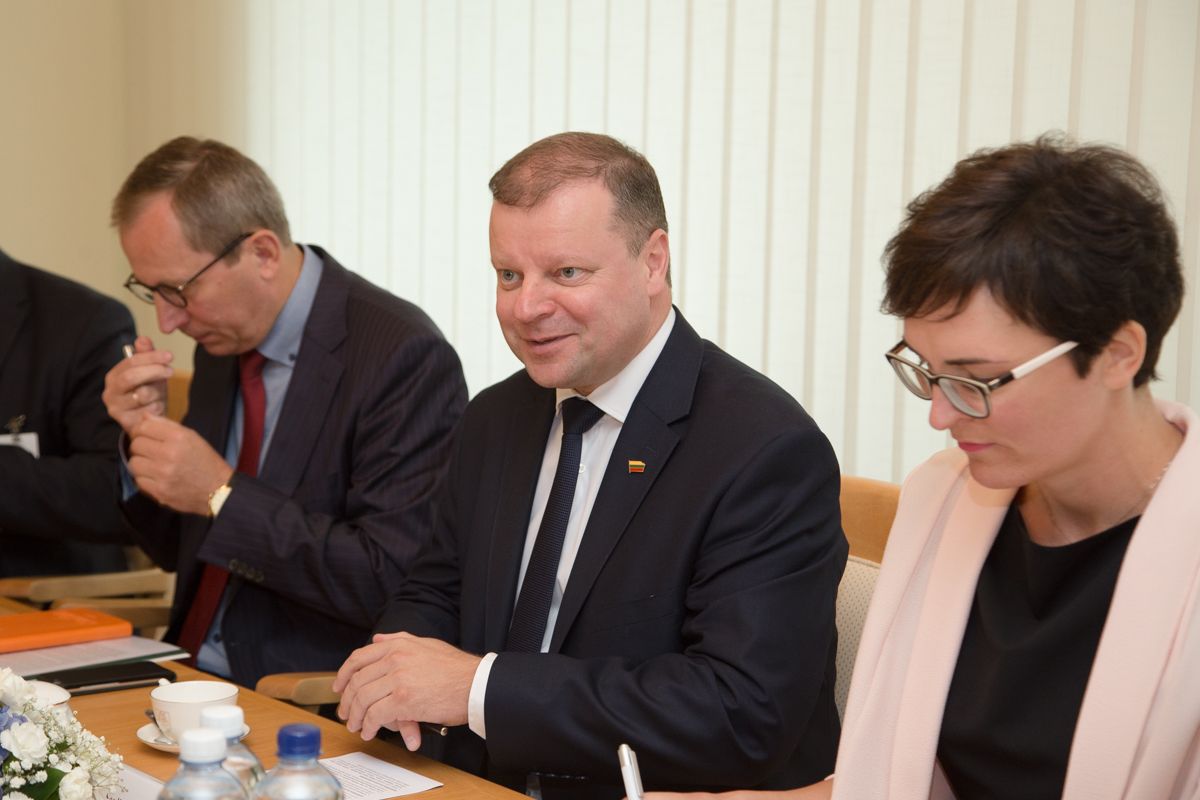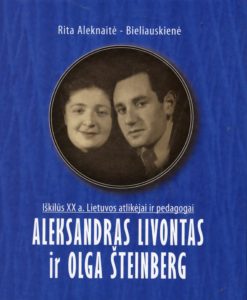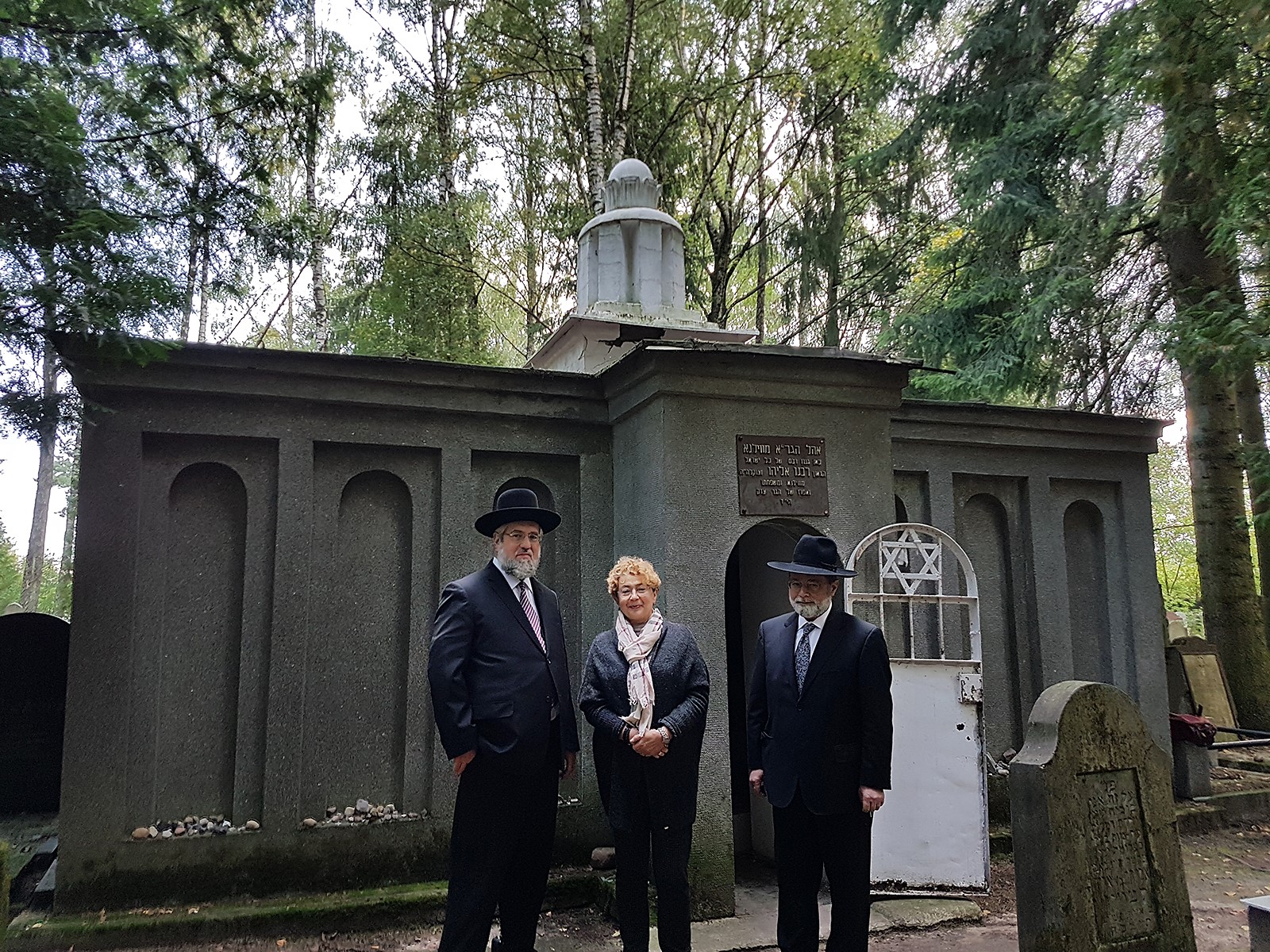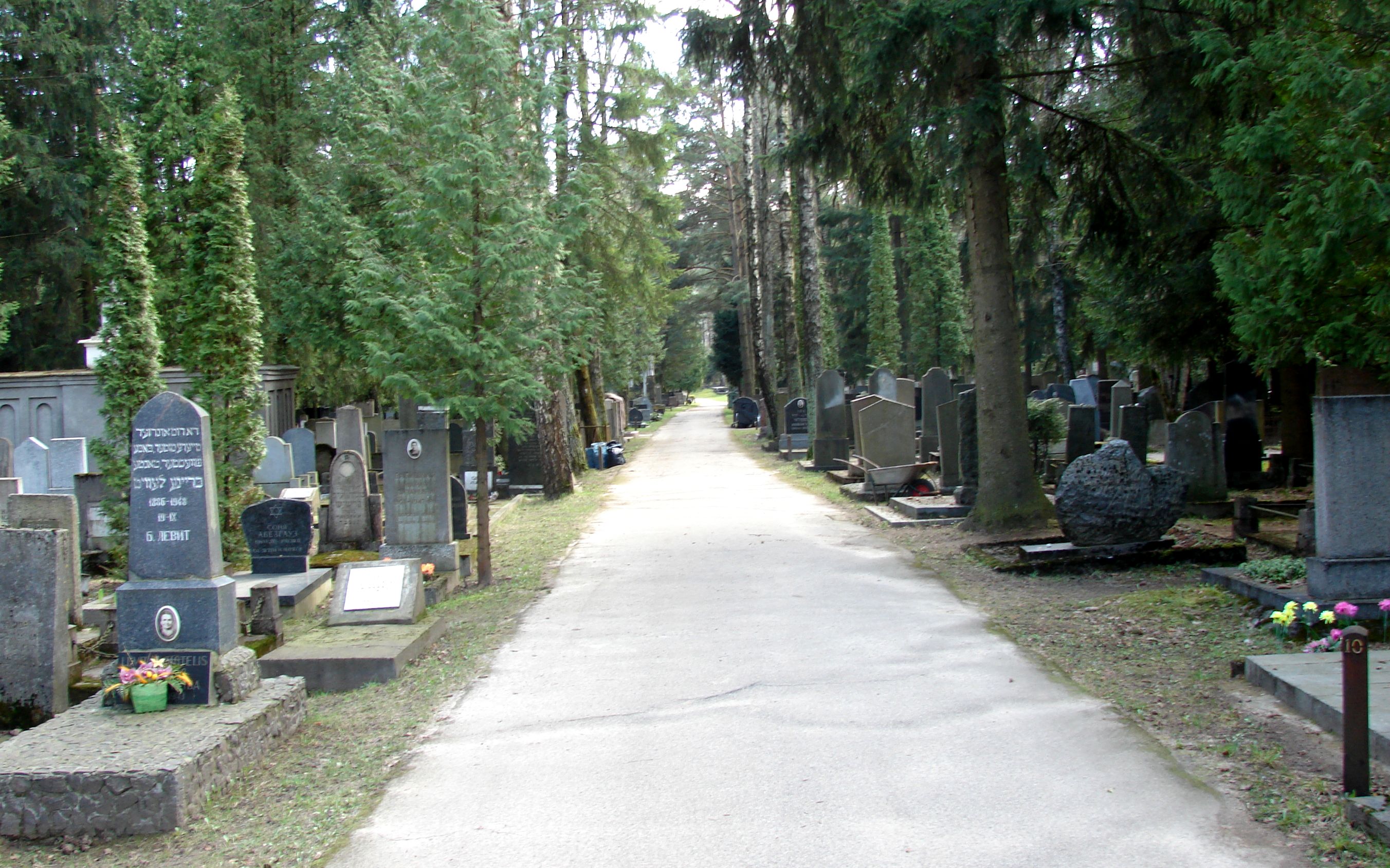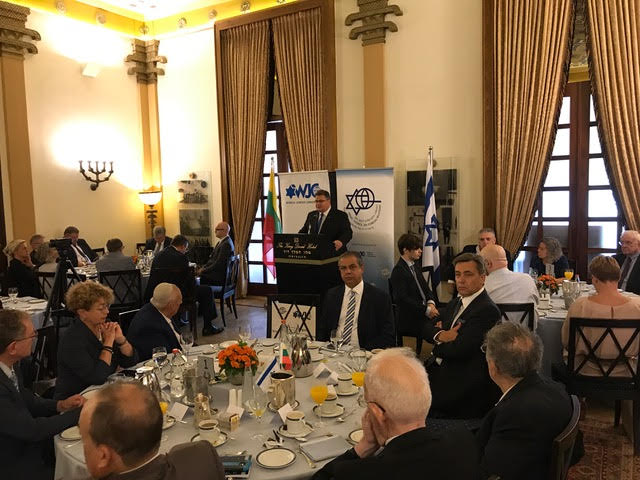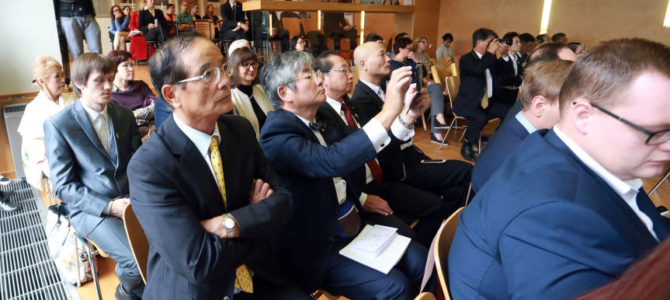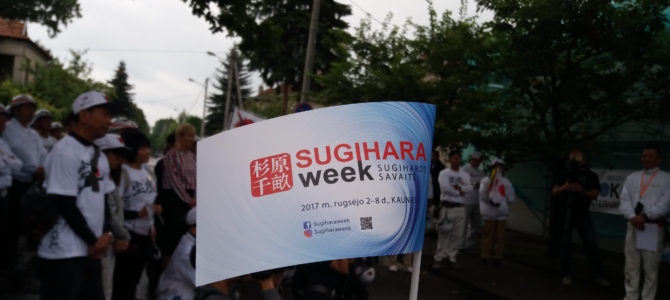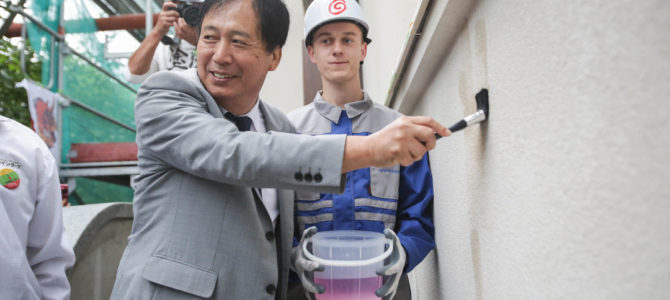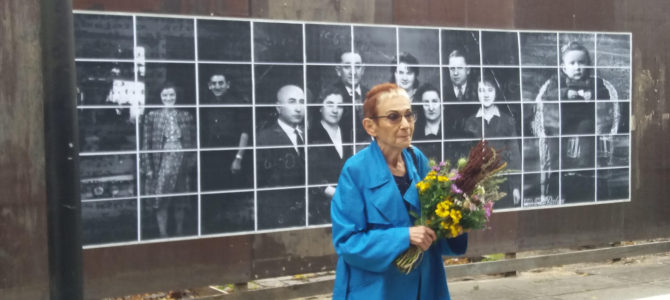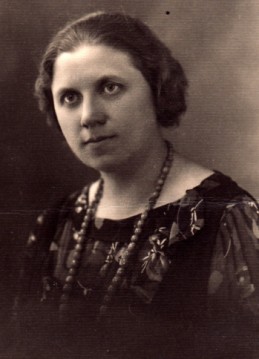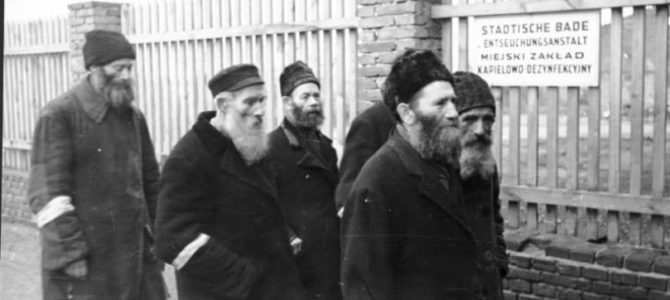A week has passed during which Lithuanian remembered her shtetlakh. The fourteenth celebration of the annual European Day of Jewish Culture has taken place in Lithuania, this year with the theme “Diaspora and Heritage: The Shtetlakh.” Lithuanian towns which used to be called shtetlakh hosted events, tours of surviving old towns and Jewish residential sections, interesting talks on the former life of Litvaks there. The word shtetl was heard much in Lithuania after the Holocaust, with the loss of the former Litvak world and the Yiddish language.
This year the European Day of Jewish Culture was observed in more than 20 towns and cities, including Alytus, Jurbarkas, from Kaunas to Žasliai and Žiežmariai, Kelmė, Klaipėda, Kretinga, Molėtai, Palanga, Pakruojis, Pandėlys, Pasvalys, Pikeliai, Šiauliai, Šilalė, Jonava, Joniškis, Kupiškis, Darbėnai, Šeduva, Švėkšna, Ukmergė, Zarasai and Želva.
The Lithuanian Jewish Community thanks all the participating cities and towns for remembering the shtetlakh and the Jews who lived, traded, created and built there. They deserve to be remembered. Many cities and towns held lectures, conferences, exhibits, concerts and film screenings this year.
LJC chairwoman Faina Kukliansky also thanks the organizers of the events at the Jewish Community for their interesting program, and thanks the participants and speakers who spoke about the remaining traces of the shtetlakh in Lithuania. We thank Fania Brancovskaja, Vytautas Toleikis, Sandra Petrukonytė, Ilona Šedienė, Rimantas Vanagas and Antanas Žilinskas not just for their interesting presentations, but also for their own work, books and research on Jewish history, contributing to making the shtetlakh part of the heart of our country, without which Lithuania is impossible to imagine.
Thank you also to the Bagel Shop Café for the tasty Jewish dishes, the Sabbath ceramics exhibit and the holiday atmosphere, and to the Fayerlakh ensemble for the wonderful concert!
Our sincere thanks to everyone.
![]()


